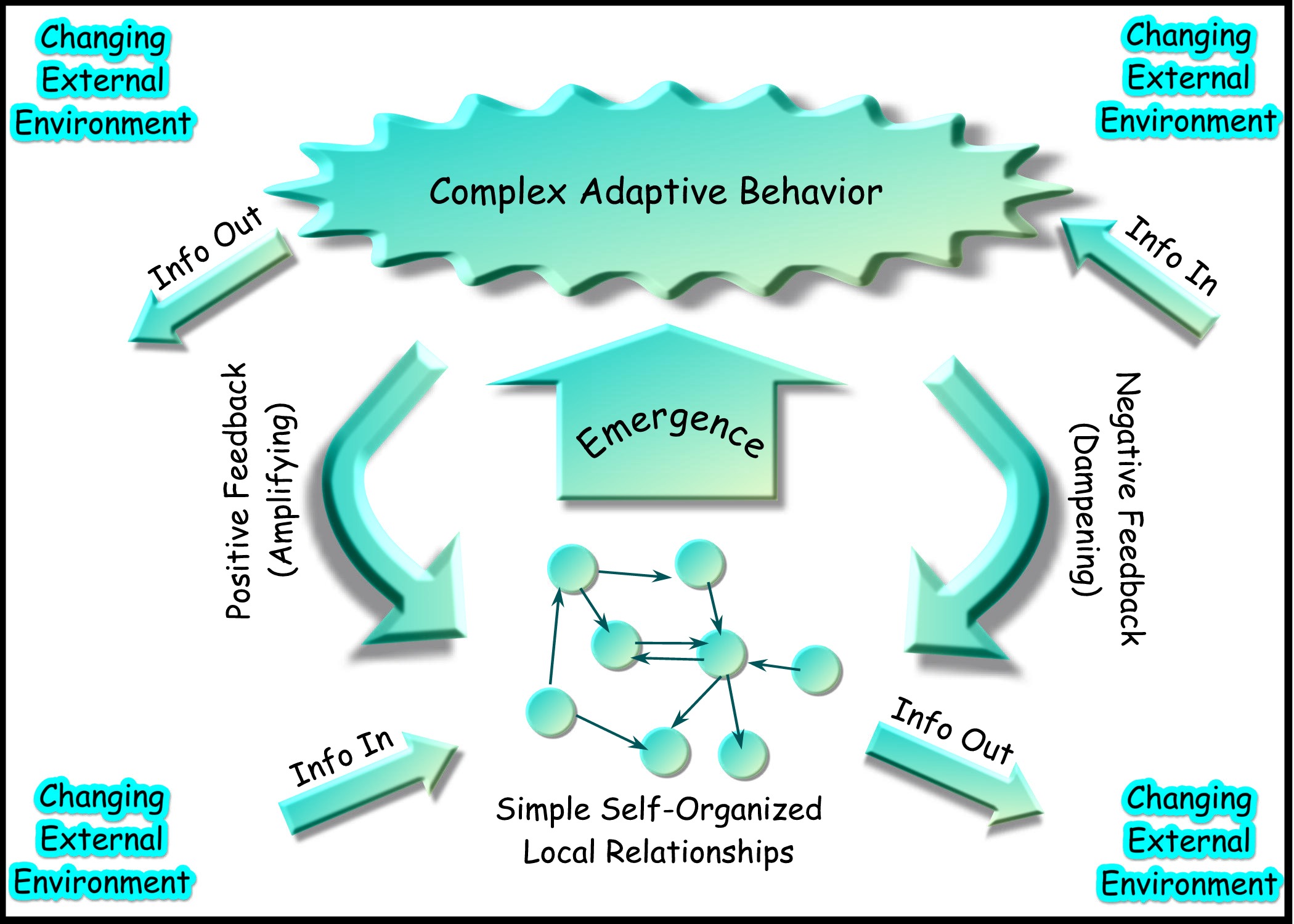Learning objectives Part B
What you will learn in part B of the course (module 3 and 4) is:
- The key elemenst of complexity theory (like uncertainty, emergent and unexpected behavior) and its importance for understanding complex problems.
- The implications for governance and decision making in such an environment.
- The process of translating public values in regulation and underlying problems: what are the pitfalls?
- The main conditions for effective regulation of infrastructures and what might go wrong.
- Some practical tools to enhance your managerial and decision making skills when dealing with complex problems.
Content module 3
This week is all about complexity theory . This will be done by one of the leading experts in this field: Eve Midleton Kelly from the London school of Economics.
A complex system is defined as one in which many independent agents interact with each other in multiple (sometimes infinite) ways. This variety of actors also allows for the ‘spontaneous self-organization‘ that sometimes takes place in a system. This self-organization occurs without anyone being in charge or planning the organization. Rather, it is more a result of organisms/agents constantly adapting to each other. The complex systems are also adaptive (i.e., they always adapt in a way that benefits them).
Another important concept in complexity theory is that there is no master controller of any system.
In short, we have to deal with a lot of uncertainty and many actors with different interests. In module 4 we will explain the huge implications in terms of governance and decision making (with a focus on infrastructures). We will discuss some pratical tools to deal with such situations!
After the web lectures in this module you will understand the picture below.




